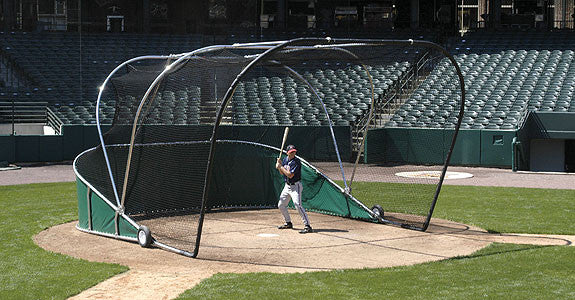10 rules That are Called Wrong July 14 2015, 0 Comments
You may tag the base with any part of the body or glove as long as you have firm and secure possession of the baseball in your hand or glove/mitt.
You are correct in high school baseball but in NCAA and professional rules, the ball is dead sometimes immediately but when the balk is followed immediately by a pitch, the ball is delayed dead and we wait until the end of the play and then either enforce the balk or allow the play to stand. If all base runners, including the batter-runner advance one base or more after the balk, the play stands. The coach or manager does not have an option on this rule.
It is the location of the baseball when it is touched or touches the ground that determines it being fair or foul and not the position of the fielder’s feet.
If the ball is live, you may go directly to the missed base or the runner and tag him for missing the base or leaving it too soon on a fly ball that is caught.
For a balk to be awarded, there needs to be runners because the penalty is 1 base awarded.
- The pitcher must come to a set position before a pick-off throw.
The pitcher need only come to a complete and discernible stop prior to pitching the ball and not for a pick off attempt.
In fact, if he does step off first and the ball is thrown away into dead-ball territory, the award is 2 bases. From the rubber, it is only a 1 base award.
- If a fielder catches a fly ball and then falls over the fence it is a home run.
If the catch occurs before leaving the field of play it is a catch and not a home run.
This is only true on a batted ball that the ball is dead. On a thrown or pitched ball, it is unfortunate but the ball remains live.
The home plate umpire has no more right to overrule his partner(s) than they have to overrule him. In certain situations the UIC may have to change a call because of more correct information but no umpire has the right to overrule another.










